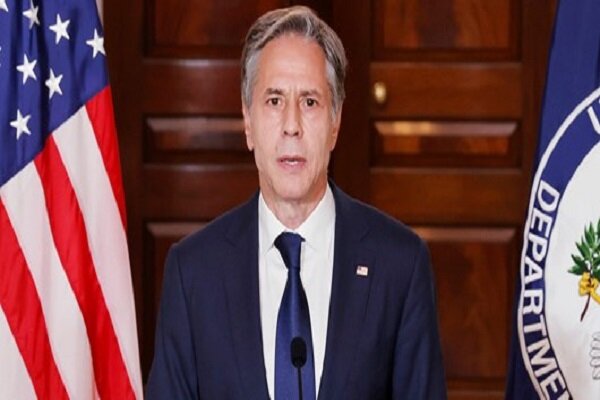Speaking at a news conference in Indonesia, Blinken went on to reiterate claims that there were other options for Iran, saying Washington was actively engaging with its allies and partners regarding alternatives.
Earlier on Monday, the US State Department claimed that it is too soon to say whether Iran has returned to nuclear talks with a more constructive approach.
These comments came as the JCPOA was abandoned by former US President Donald Trump in May 2018. Trump then targeted Iran’s economy with what he called a “maximum pressure” campaign, which failed to compel Iran to negotiate a “new deal.”
Iran and the five remaining parties to the JCPOA -- Germany, Britain, France, Russia, and China -- began the talks in the Austrian capital in April with the aim of removing the sanctions after the US, under President Joe Biden, voiced its willingness to return to the agreement.
After a five-month hiatus, envoys from Iran and the P4+1 group of countries began on November 29 the first round of talks in Vienna under President Ebrahim Raeisi.
At the talks, the Iranian delegation presented two detailed draft texts; One on the removal of US sanctions and the other on Iran’s return to its nuclear commitments under the JCPOA.
Iran has repeatedly asserted that the Iranian delegation is very serious in the negotiations, and the submission of documents shows the country's seriousness to reach an agreement, and now other parties must show their determination.
Negotiations are currently underway at the level of bilateral and multilateral groups of the parties to the agreement and the working groups of the Joint Commission.
Iran has stated that it will continue the Vienna talks only with the aim of reaching a good agreement to remove all illegal US sanctions.
The overall atmosphere of the negotiations has so far been assessed by the parties 'constructive'.
MP/FNA14000923000272

























Your Comment